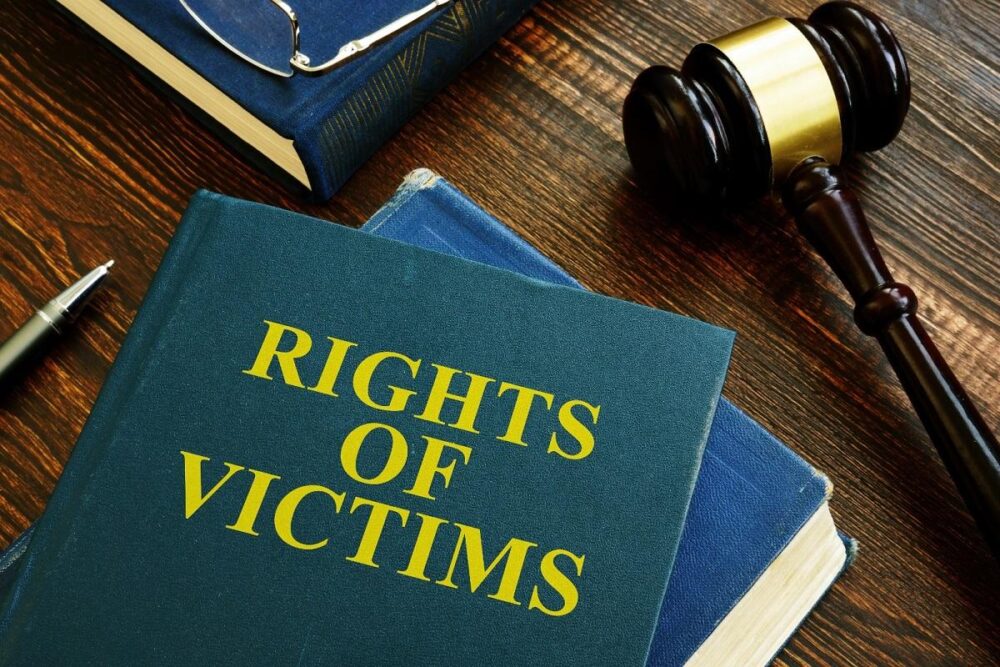TGEU Welcomes Victims’ Rights Directive Revisions and Calls for It To Be Strengthened

TGEU welcomes the European Commission’s latest revision of the Victims’ Rights Directive. At the same time, we recognise that this version still has some shortcomings.
We call on the European Commission to continue to strengthen this essential Directive to better support victims, especially the most vulnerable populations. We’ve joined Victim Support Europe and 60 other civil society organisations in calling for these changes.
What is the Victims’ Rights Directive?
The Victims’ Rights Directive was originally published in 2012. This directive means that all European Union Member States must have certain victims’ rights protections added to their national laws.
These protections affect victims of all sorts of crimes, from violent crime to cyber crime.
Why does it matter for trans people?
75 million people fall victim to serious crime in the European Union every year. Trans people, and people who are perceived as trans or gender nonconforming, are at higher risk for certain crimes.
According to the Fundamental Rights Agency LGBTI survey, one-third of trans and intersex people in Europe experience physical or sexual attacks/violence. But, very few of these people report these crimes. This is most often due to a belief that justice systems cannot or will not do anything about the reported crime. Increasing victims’ rights and support is key in addressing this.
Importantly, the Victims’ Rights Directive is the only EU-level directive that refers to both gender identity and gender expression. This means that non-binary trans people, trans people who have not legally changed their gender marker, or people who are perceived as trans, are still protected. The Directive also notes that victims who experience crimes on these grounds require special support. This is one step towards improving trans and gender nonconforming people’s rights.
What are the major changes?
In the last 10 years, the Victims’ Right Directive has evolved. It’s followed changes in:
- Justice, as it becomes more child-friendly and victim-centred
- Society, following an increased need for coordination around crises, like health concerns
- Technology, with new ways to support victims and provide protection and access to justice.
The most recent publication requires Member States to set up a victim helpline. It also states that the most vulnerable victims need better access to targeted and integrated specialist support. This includes free psychological support.
It also includes provisions around increased victim participation in criminal proceedings, and reinforces the right to compensation.
What changes does TGEU call for?
The Victims’ Rights Directive is significant, and the most recent revisions made the Directive even more powerful. However, there are still major gaps.
TGEU joins 60 civil society organisations in signing a statement by Victim Support Europe. This statement highlights that the Directive’s text remains vague with many exceptions.
This means victims continue to face significant challenges: they do not receive the information they need in a timely manner, or in a way they can understand. Appropriate support services are often unavailable. This leaves victims without the help they need.
This lack of protection leaves them open to further harm during their interaction with the justice system. Society cannot prosper if we continue to ignore victims’ voices, disregard their needs, and fail to protect their rights.
TGEU joins Victim Support Europe in calling for a revision of the Directive, with clearer obligations and stronger language. While we applaud the revisions, we call on the European Commission to continue strengthening this essential Directive. In particular, we want to improve protections for the most vulnerable populations, including trans people.